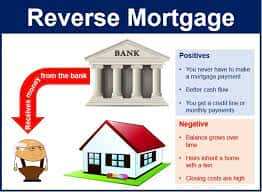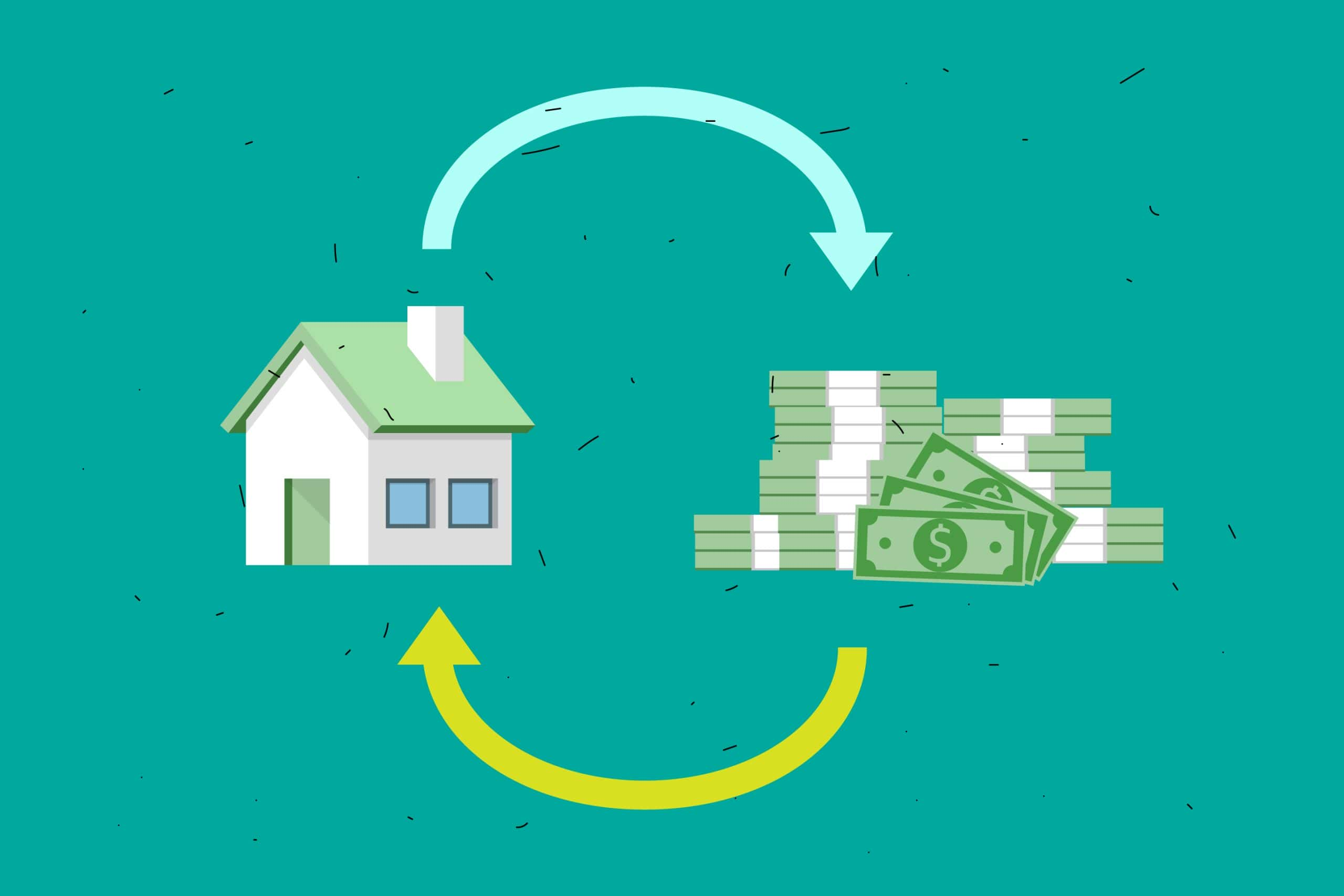There are three ways reverse mortgage lenders can profit:
Interest: Because reverse mortgages are loans, the interest that accumulates on the loan balance is how lenders get paid. Due to the lender’s increased risk, the interest rate on a reverse mortgage is often greater than the interest rate on a standard mortgage.

Some ways reverse mortgage lenders can profit:
Original fees: Lenders may also impose one-time origination costs, which are normally calculated as a percentage of the loan amount. These costs could be anything between 2% and 6% of the loan amount.
Premiums in the secondary market: Reverse mortgages are offered for sale to investors on the secondary market. Investors give the lender a premium in exchange for the loan, and the lender also receives revenue from this premium. Reports from medium.com.
Lenders may also profit from other expenses, such as servicing charges and closing costs, in addition to these three basic sources.
READ ALSO: Mortgage Rates are Falling: Buyers Seize Advantage Amidst Rate Cuts
The potential costs of each of these fees are broken down as follows:
Interest: The rate of interest for reverse mortgages normally ranges from 4% to 7%.
Origination charges: Reverse mortgages’ origination charges might be anywhere between 2% and 6% of the loan amount.
Secondary market premiums: Reverse mortgages’ secondary market premium might be anywhere between 1% and 3% of the loan amount.
Service charges: The monthly servicing charge for reverse mortgages are normally in the range of $30.
Closing expenses: The closing expenses for reverse mortgages might be anywhere between $2,000 and $5,000.
It is crucial to remember that reverse mortgages’ overall cost can change depending on the lender, the loan’s conditions, the borrower’s age, and their financial circumstances. Before obtaining a reverse mortgage, borrowers should carefully weigh all of the fees involved.
READ ALSO: Here’s How Low-Income College Students Afford Their Tuition Following Increasing Cost Of Education




